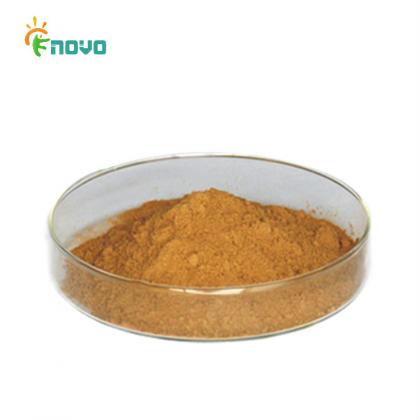Omega-3 fatty acids, especially EPA and
DHA, may have a protective effect against COVID-19 infection andor adverse
outcomes, according to a new study published in the American Journal of
Clinical Nutrition (AJCN) that explores the role of omega-3 fatty acids,
specifically EPA and DHA, and whether they may have a protective effect against
COVID-19 infection andor adverse outcomes.
The study compared the risk of three
COVID-19 outcomes - testing positive, hospitalization, and death - as a
function of baseline plasma DHA levels. DHA levels (as a percentage of total
fatty acids) were measured by nuclear magnetic resonance (NMR) spectroscopy but
were converted to an omega-3 index (red blood cell EPA+DHA%) in this analysis.
Prospective cohort studies from the UK Biobank were used to obtain the three
outcomes and relevant covariates for 110,584 participants (hospitalization and
death) and 26,595 participants who had been tested (COVID-19 PCR positive)
during the period of January 2020 to March 2021.
In fully adjusted models, individuals in
the highest fifth (with the highest omega-3 index levels) had a 21% lower
likelihood of testing positive than those in the lowest fifth, and for each
1-SD (standard deviation) increase in plasma DHA%, the risk of testing positive
was 8% lower. The likelihood of hospitalization was also 26% lower for
individuals in the highest fifth than for those in the lowest fifth, and for
each 1-SD increase in DHA%, the risk of hospitalization was 11% lower. For
COVID-19 death, the risk decreased monotonically before the fourth fifth, but
the decrease was partially attenuated beyond the fifth fifth and became
nonsignificant. Omega-3 index estimates for the five DHA fifths ranged from
3.5% (lowest fifth) to 8% (highest fifth).
The researchers noted in their paper that
these values are consistent with an omega-3 index risk cutoff [initially
proposed for cardiovascular disease mortality in 2004] of 8% (low risk) and
suggest that these target levels may also be applicable to COVID-19 outcomes.
The researchers also noted that South Korea
and Japan reported very low severity of COVID-19 disease, and although
underreporting of cases, social distancing policies, and other population-wide
interventions undoubtedly contributed to this, it is interesting to note that
healthy Koreans and Japanese have omega-3 index values of approximately 8-12%
and 7-11%, respectively, which is much higher than the 4-5% omega-3 index in
Western populations like the US.
Vivar-Sierra et al. documented a worldwide
pattern of higher omega-3 fatty acid intakes being associated with lower
COVID-19 death rates. Although only suggestive, this observation further
supports a potential role for omega-3s EPA and DHA in preventing fatal COVID-19
disease, the researchers said.
This study confirms earlier findings that
low omega-3 status is associated with an increased risk of COVID-19
hospitalization, said William S. Harris, PhD, FASN, President of the Fatty Acid
Research Institute (FARI). We extend these findings by showing evidence for a
lower risk of testing positive for the infection and also provide evidence that
the risk of death may also be lower. Additionally, we identify specific omega-3
fatty acids that may be most strongly protective.
For related products, please visit our website:https://www.reachever.com/Fish-Oil_p231.html

 English
English















